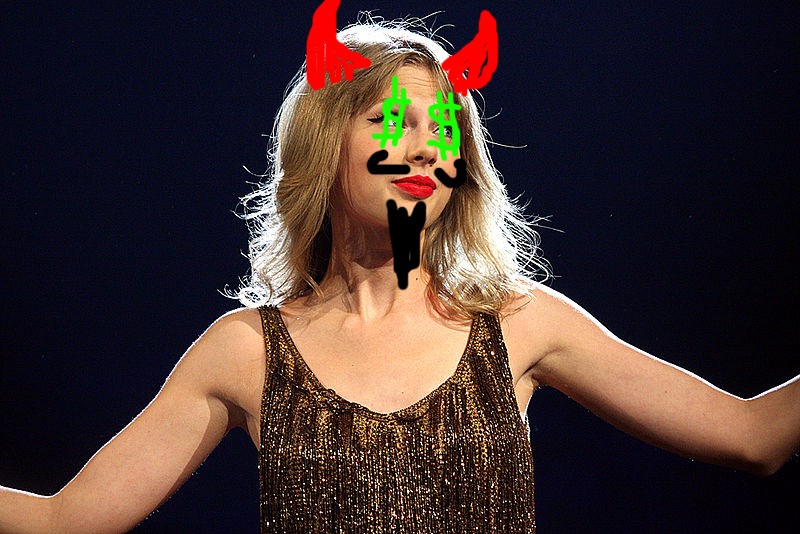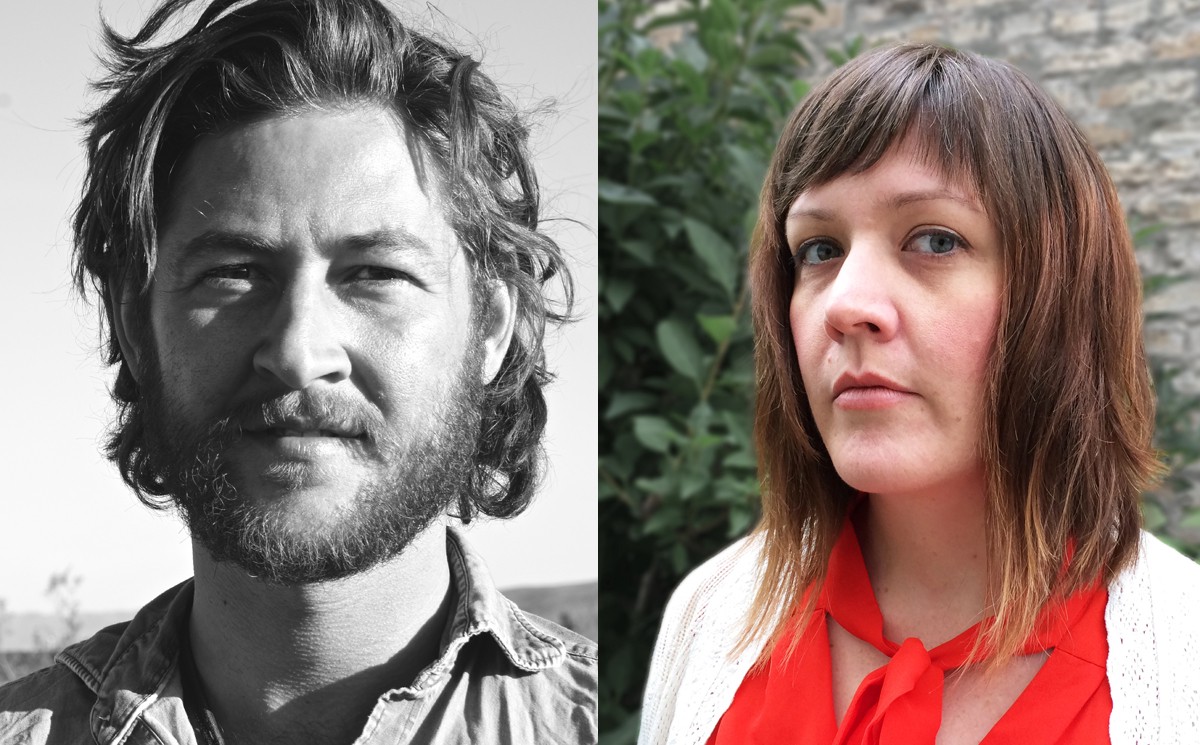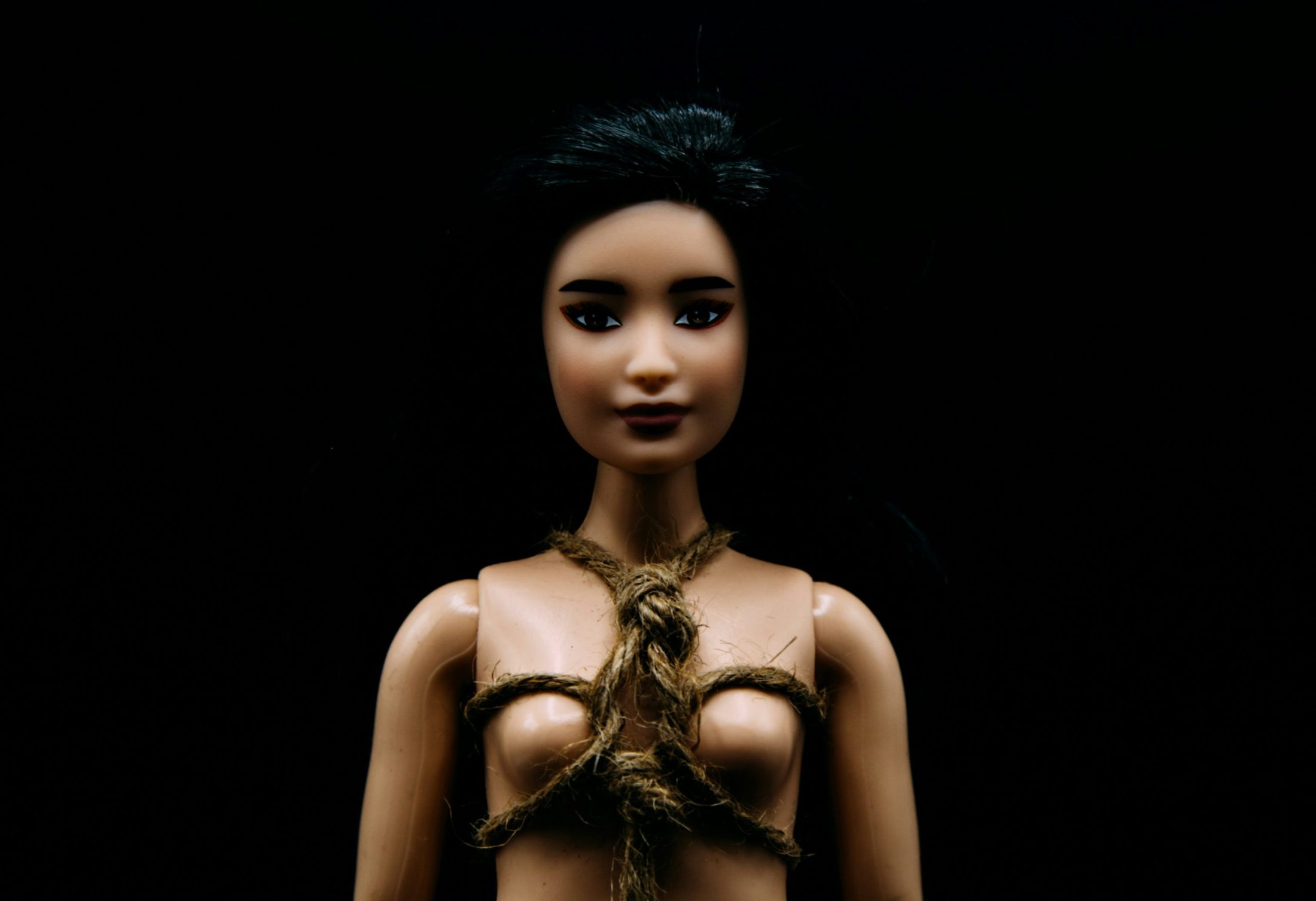Books & Culture
Taylor Swift and the Myth of the Mean Greedy Artist

This week Taylor Swift did something seemingly unremarkable. She couldn’t come to a contract agreement with a company, Spotify, so she decided to stop doing business with them. Swift’s music is still available on a half-dozen other online streaming services, to purchase digitally or physically, or to listen to free on YouTube. Yet somehow a decision to exercise a modicum of control over the art she creates caused a backlash with writers scolding Swift for insulting her fans, calling her greedy, and urging fans to refuse to buy her music.
Sure, Swift is ridiculously rich, but she is correct that Spotify is a complete rip-off for artists. This infographic shows how stark the picture is. Spotify pays as little as $00.006 a stream, meaning you’d have to play a song 167 times — or about 8 hours of music — before an artist earned a single dollar. But the point is not Spotify’s rate, the point is that Swift has every right to decide who to do business with.
I don’t think I’ve even heard more than three Taylor Swift songs, but the idea that artists are “insulting” or “greedy” for asking people to pay a relatively modest amount of money for their art is pervasive in today’s culture. People make these same claims about indie authors, bands that can’t afford a tour, and struggling illustrators. I’ve seen people proclaim that midlist novelists who can’t even make a living off their books are “greedy” and “evil” for asking more than 99 cents for an ebook. I’ve seen readers who admitted to pirating every single A Song of Ice and Fire book say that George R. R. Martin “owes them” a quicker publication date and that he should essentially give up all his hobbies and other projects until he finishes his next book. (Neil Gaiman had a nice rebuttal to this mindset on his blog.)
It is bizarre enough to think that an artist “owes” you something when you’ve paid them nothing, but the entire idea of “mean” artists who are taking advantage of their fans is especially bizarre in a time when artists give more of themselves to fans than ever before. Look at Taylor Swift. She is famous for constantly interacting with her fans on social media — and, I feel the need to stress again, much of her music is free or dirt cheap on YouTube and non-Spotify streaming services. Artists today already provide tons of content for free — mixtape downloads, short stories on websites, illustrations on Tumblr — that it is only the most extreme fan entitlement that could resent them for taking a small portion of that and asking a few bucks for it.
I understand why people steal music, books, and TV. Who doesn’t want everything for free? But it is getting hard to take the bizarre rationalizations and outright contempt for artists that so many self-proclaimed “fans” have. I’m positive I could go walk into a café right now and find someone with a trust fund sipping a five dollar latte and dicking around on a $500 tablet who would tell me he pirates because “books are overpriced” and authors are “greedy.” Plus, he isn’t just stealing music and books, he’s really fighting for freedom, bringing down the capitalist machine, pushing art forward, and encouraging innovation through disruption!
The bottom line is that artists’ rights are workers’ rights. You are not being progressive or radical by denying artists the right to control their own work. You are not helping the underprivileged by making it impossible for anyone who isn’t already rich and privileged to take up artistic careers. Your pirated Taylor Swift song isn’t feeding the poor. If you want to fight the power, maybe try hacking JP Morgan instead of pirating a vampire romance for your Kindle.
In fact, the constant devaluation of art has been a huge boon for large corporations. There is no one happier that it is increasingly acceptable to pay nothing to photographers, artists, writers, and musicians. Doritos would love for you to crowd source their next TV ad and Apple is thrilled you’ll pay more for an iPod because you know you can steal the music you’ll listen to on it.
None of this is to say that artists shouldn’t give their work away for free. Free stuff is great! Streaming is great! Self-publishing, ebooks, and the rest are all great. The point is that it should be up to the artist. If one author wants to put up all their work for free online and another wants to charge ten dollars, those should be their decisions. If you don’t think that a book is worth ten dollars, then don’t buy it. The artist is not “mean” or “greedy” or “evil” for wanting money, and you have near infinite other options to spend your time on. The current climate is one where artists need to experiment with different ways of making and selling work, but that means letting them try different things — not demanding that they do exactly what you want them to do.
In short, treat artists like you would treat any other type of worker. If you wouldn’t demand your accountant do your taxes “for exposure,” steal medicine from your doctor to show him his rates are overpriced, or call your baker “a greedy asshole” for charging a dollar a dinner roll, then maybe go easy on an artist asking the cost of a few cups of coffee for something they put countless hours of work into.









